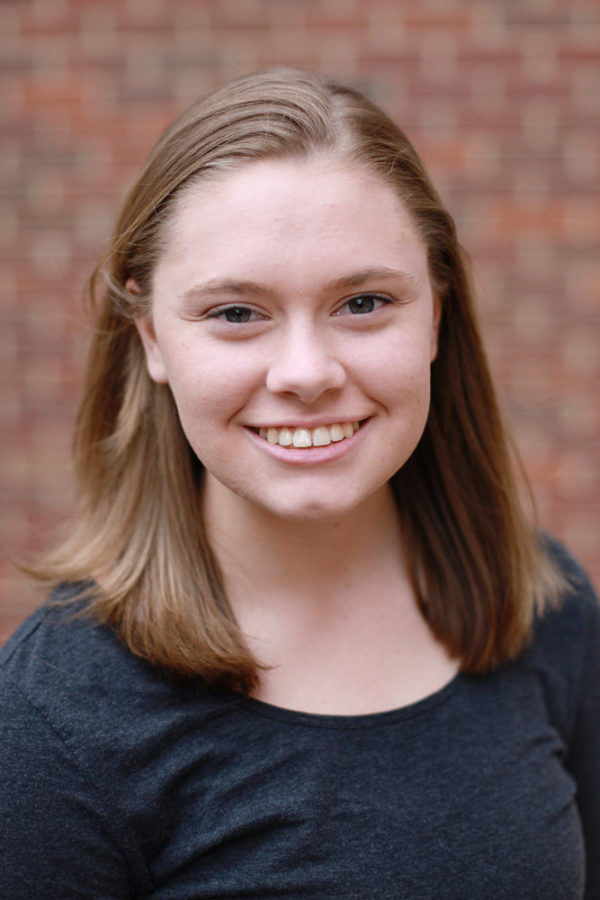We should not be afraid to learn about other cultures
November 5, 2014
This year, UK’s College of Arts and Sciences has chosen the Year of the Middle East for its Passport to the World program, featuring a series of events and lectures focusing on the cultural and the historical aspects of Middle Eastern countries.
With the turmoil, political and economic change, and social uprisings still heavily saturated in this part of the world, these lectures have a great ability to shed light on situations we cannot see the full scope of from the U.S.
Then again, what does it matter if no one shows up to a lecture? As the young students whose cultural identity and knowledge of other nations’ history will shape international relations of the future, do we even care about the Arab uprisings?
How many of us have followed the Arab Spring, the invasion of ISIS or the Israeli-Palestinian Conflict? In some cases, our lack of enthusiasm for news about Arab countries is a product of a much deeper-rooted issue of cultural alienation and prejudice.
Islamophobia is a wariness or hatred of anything remotely related to Islam or the Middle East. We have been socialized by this type of prejudice because our generation was so young at the time of 9/11. We fear association with Arab people, ideologically or sociologically.
The young citizens of this free, democratic nation are similar to the young people fighting for independence and freedom halfway across the world, despite the bad blood between the West and Arab states.
Before the Arab Spring began in Tunisia and spread to Egypt, the percentage of their populations between the ages of 18 and 29 was 18.2 percent in Tunisia, according to a report by the International Fund For Agricultural Development.
Egypt’s population was 24.2 percent, according to an article in Daily News Egypt. That’s nearly one in every five Tunisians and Egyptians.
In the same demographic, 30 percent were unemployed in Tunisia and 20.4 percent were unemployed in Egypt.
Tunisia and Egypt have been run by autocratic rulers who have put limits on speech, religion and countless other freedoms since they first became independent in the 1950s.
For the past few weeks leading up to election day, political candidates have been making promises to increase job opportunities for our demographic and decrease the strain of student debt.
These are two of the biggest issues we currently face, the same issues faced by young Egyptians and Tunisians in the Arab Spring.
The Arab Spring is one of many interesting topics to be discussed in the Year of the Middle East events and lectures.
Renowned Scholar of Islamic Law and Reformist thought Mohammad Fadel will be one lecturer in the series, speaking this Thursday in the Young Library auditorium at 7 p.m.
We can no longer be afraid to explore the culture of these people and see how they are doing in their fight for real Independence and democracy.
Email opinions@kykernel.com
































































































































































